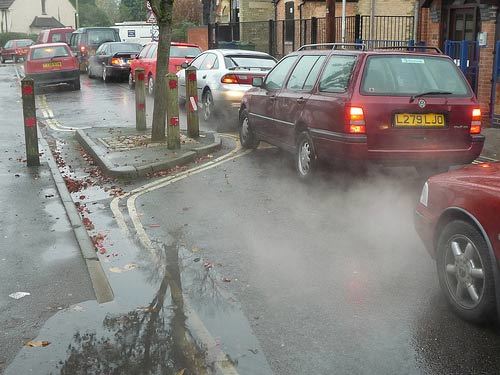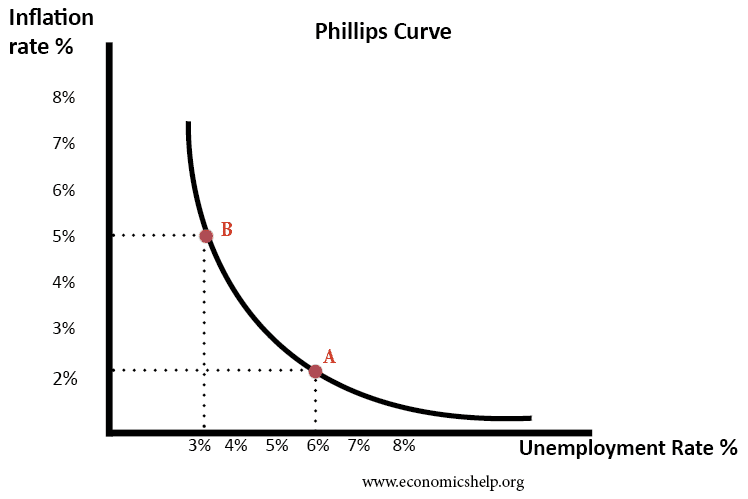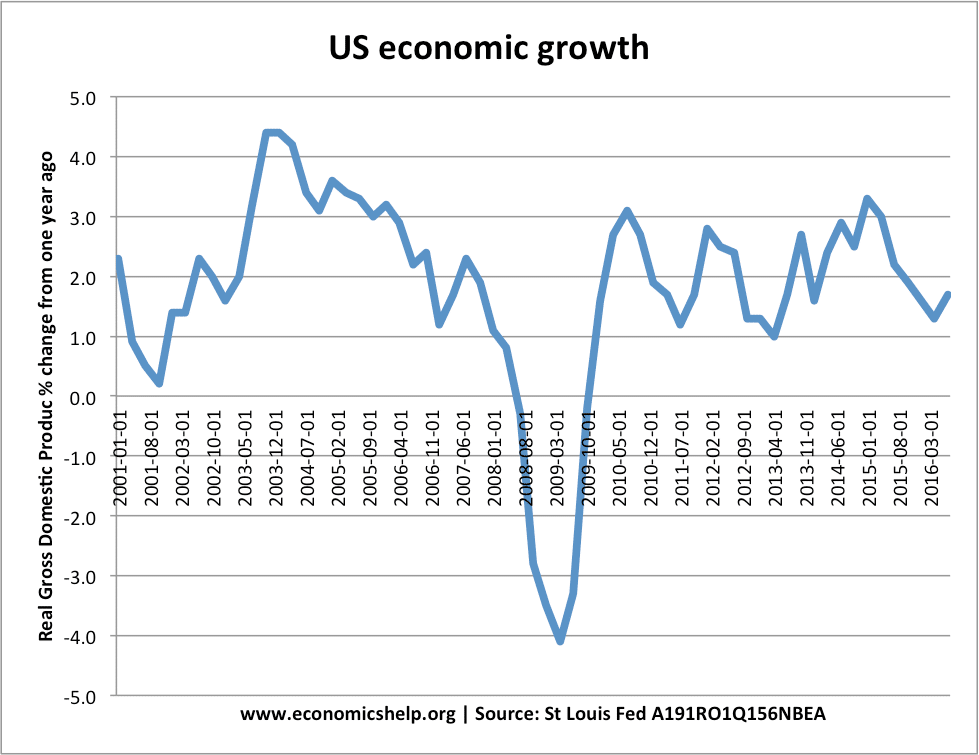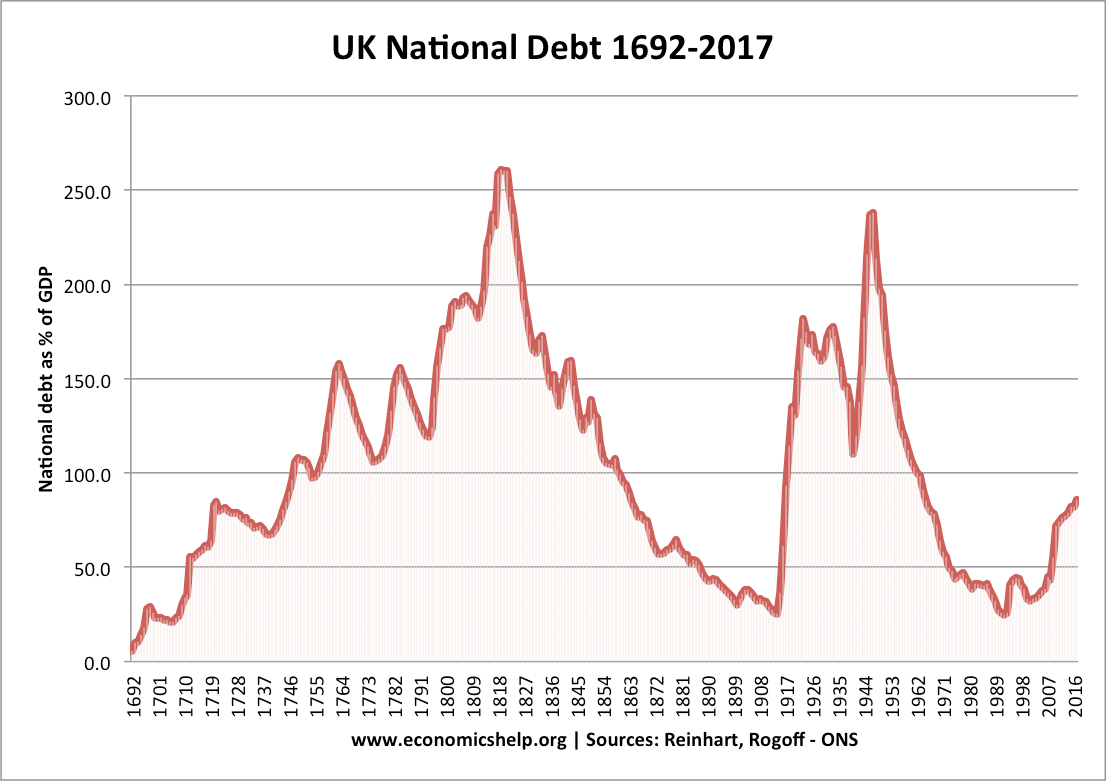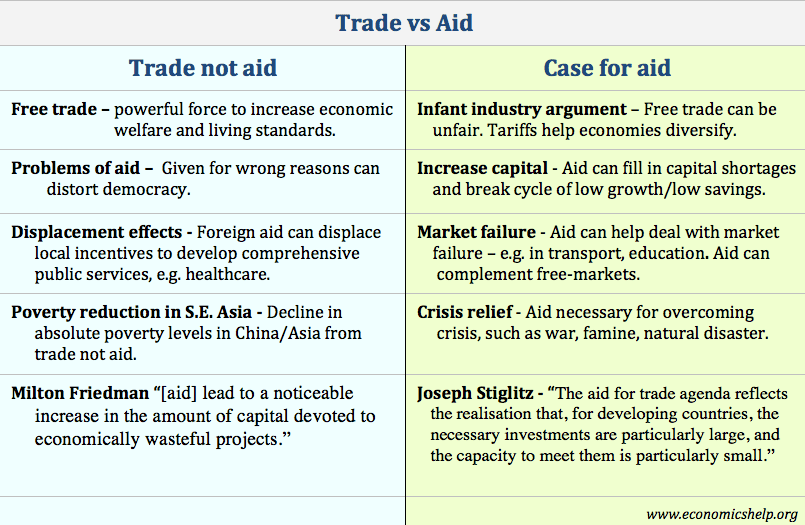Polluter pays principle (PPP)
The polluter pays principle (PPP) is a basic economic idea that firms or consumers should pay for the cost of the negative externality they create. The polluter pays principle usually refers to environmental costs, but it could be extended to any external cost. In a purely free market, you would only face your private costs. …

